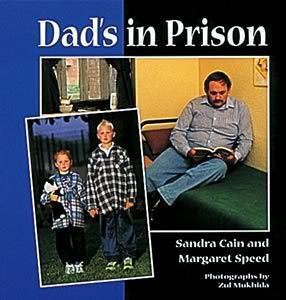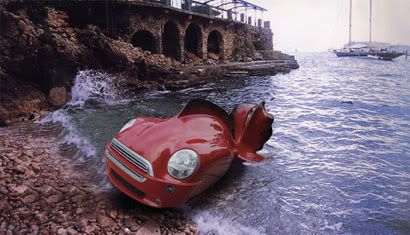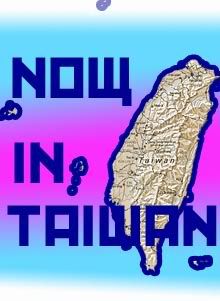NOISE JAM SESSION
REWIND. Last Saturday, I ended up in the apartment of Shenzhen music critic Lawrence Lee for a noise jam session/ preliminary recording session with Karkowski & LIN Zhiying, which was mostly about hanging out and playing with computers. (See Lawrence's blog for pics and parallel accounts, including one - Metal Machine Music - I can't access until I figure out this proxy stuff.)
Karkowski had played a noise show the previous night in a Shenzhen warehouse art space (see post below for review of his HK show a week earlier) to 200-300 people - they came coz it was free - including a bunch of army guys all fatigued out, who stood in formation and clapped at the end.
There was a brief interview after the show, and Karkowski was evasive as ever. Lawrence called his interview style "minimal" on his blog, but it's more that he just doesn't talk about music - with anybody, and he fully admits it. "I've played five shows with Merzbow, and we never talk about music. When we play, we just open up our laptops and start. That's it."
Still, there are a couple things I think I might be able to add. At Lawrence's place - a phat studio on the 20-something floor of a building where HK biznessmen keep there Shenzhen girlfriends - Karkowski picked a book off the shelf, Curtis Roads' Microsounds.
"Hey Lawrence, have you read this?"
"No."
"Me either. But I also have it."
Then after pausing a second, Karkowski picked up with a laugh, "But hell, I don't have to. This granular synthesis, that's what we're doing right here!"
Microsounds - interpolating from a quick scan of the introduction - is a sort of hipster textbook for computer programmers, mathmeticians, and music theorists. The main idea it develops is of quantum particles of sound even more basic than tone and timbre. These are "grains" of sound, and you can plot them on an x-y axis, generate them with equations and all sorts of shit. It's very much theory, and pretty mathematical. And I think this is what Karkowski and a lot of other noise artists are getting at and why they don't want to explain their music. Coz check it, when making noise on the laptop, Karkowski now uses a special patch in MAX/MSP that generates random sound - literally just generating random variables for the x and y coordinates on the sound field or whatever you call that and another variable for duration. He can set it on full automatic, which he did when jamming with Lin, standing up from the computer and swigging some beer, saying, "Look, it's running all by itself now."
After the jam session, Lin, a 23-year-old kid who's been into experimental noise since he discovered Merzbow at 17, was a little vexed. "I couldn't really tell which sounds were coming from you and which from me."
Karkowski, drinking beer, was a bit flippant about it. "Yeah, me either, but who cares? I thought it sounded pretty good. Does it really matter?"
Weirdly, on the plane from Shenzhen to Beijing today (Feb. 28) I read something in Peter Hessler's China Peace Corps book River Town that bears in here. Hessler is writing about teaching English lit. to Chinese college students in podunk Sichuan and finding the student impressions fresh and real compared to the readings of university lit crit nazis. Thinking back to Princeton or Oxford - the dude went to two fucking bluechips - Hessler laments:
"I was disturbed by the politicization of literature in the West: the way that
literature was read as social commentary rather than art, and the way that books
were forced to serve political theories of one stripe or another. Very rarely
did a cirtic seem to react to a text; rather the text was twisted so that it
reacted neatly to whatever ideas the critic held sacred...."
In Karkowski's case, just subsitute "music" for "literature" and "songs" for "books," and maybe there's some insight to be gained into his music and why he babbles and changes the subject when asked about it (and also why he makes fun of DJ Spooky for eating up deconstruction, etc., etc.) It's a new on art for arts sake, maybe a techno-modernism, and what better way to expell politics than barricading yourself behind some pure math.
Karkowski is also totally hopped up on Asia. "There's no more dynamic place in the world." He's into wierd micro-scenes from Singapore to Harbin - the West is where he goes to get paid - and he trips on Shenzhen because it's such a brand new futureland, at 10mil and climbing the fastest growing city in the world, a Le Corbusier-like strip of towers and highways built on the bulldozed rubble of an old fishing village, an identity that's been completely replaced. Karkowski has said before that what he does aims to destroy "music," and when I asked if he still feels that way after the Friday night show, he answered, "You could say that what I'm doing today is trying to destroy what I did yesterday." Shenzhen offers that same kind of total iconoclasm.
...anyway, enough of noise. way too serious....punk rock tour begins friday....




